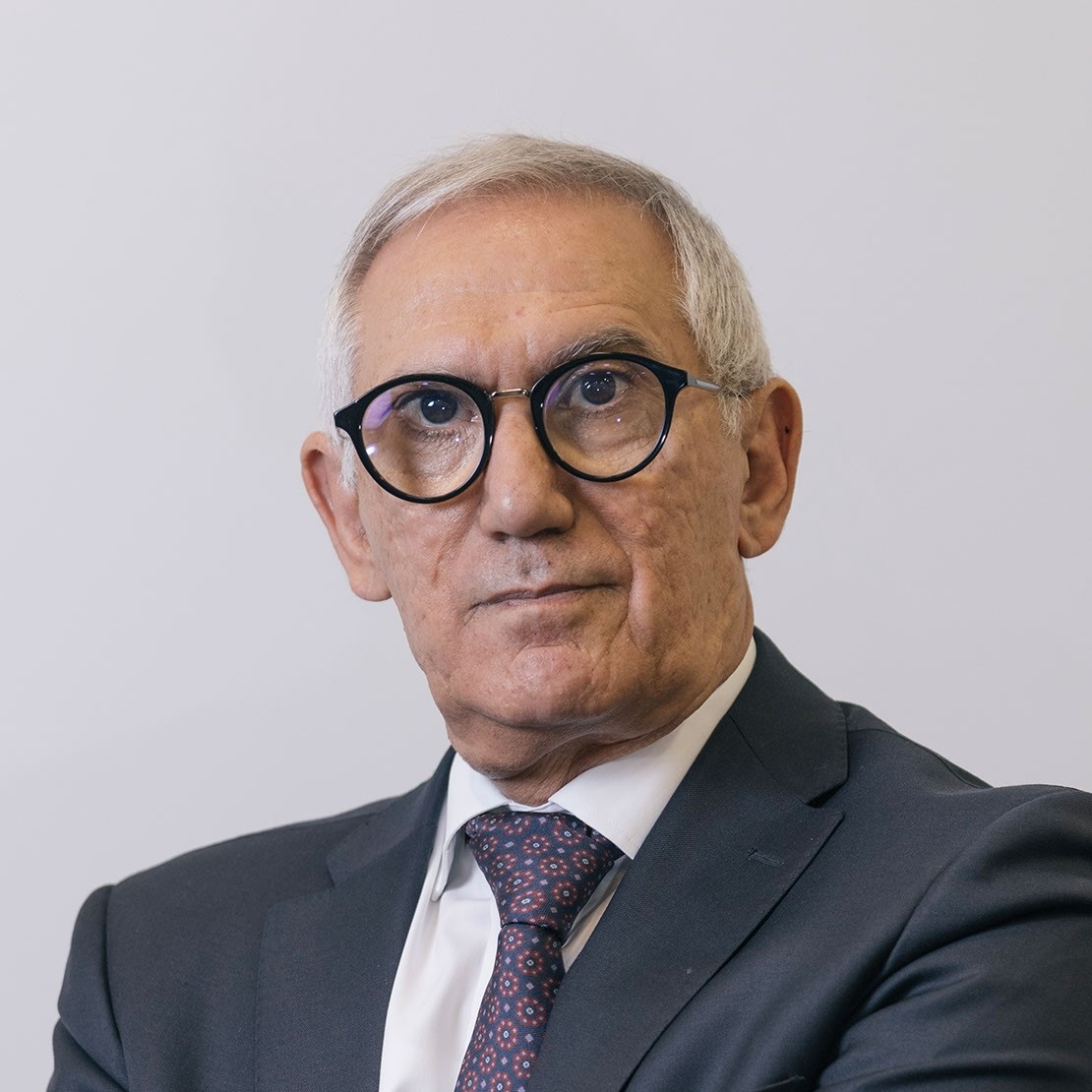Sean Wismayer is Chief Operating Officer at Pet Nutrition House, Malta’s very own success story in the pet food segment. Launched in 2010, it is present in more than 85 markets in Europe, Africa and Asia, with expansion to the Americas slated for 2024.
Pet food is, safe to say, not exactly the first thing one would expect to find being produced to a high level in Malta. Yet Pet Nutrition House does just that. What are the benefits of having a manufacturing hub in Malta?
Establishing a pet food manufacturing hub in Malta has allowed us to capitalise on the region’s abundant Mediterranean ingredients, renowned for their health benefits, such as bluefin tuna, vegetables and fruits. Malta’s advantageous geographic location facilitates efficient distribution and market reach, enhancing the company’s competitiveness in European, North African and Middle Eastern markets. Additionally, Malta’s adherence to EU regulations ensures the quality and safety of manufactured pet food, boosting consumer trust and confidence, especially in international markets.
Pet Nutrition House recently inaugurated a new factory in San Ġwann. Did you find any assistance for this project?
Our project has been fortunate to receive valuable governmental assistance. Major contributions have come from Malta Enterprise, Trade Malta and the European Union through the European Regional Development Fund. These crucial supports have played a significant role in advancing and enhancing our project, and overcoming logistical challenges associated with operating from an island state. Moreover, the subsidised prices of fuel and electricity have also played a key role in our competitiveness on the world market.
How useful are Malta’s geographical position and logistics connections in these export-based endeavours?
Malta’s strategic geographic location plays a pivotal role in our operations and is a cornerstone of our logistical efficiency and market reach. The highly competitive shipping rates for exports from Malta significantly benefit our operations, especially within the pet food industry where the cost-to-weight ratio of the product is typically low. These favourable rates have a substantial impact on the landed price for our distributors, enhancing our overall competitiveness.
What are your thoughts on the ease of doing business in Malta?
It is evident that the Maltese Government has effectively implemented policies aimed at bolstering trade and maintaining competitiveness on the global stage. One noteworthy initiative has been the subsidisation of electricity and fuel, pivotal cost components for industry. In comparison to other countries, local rates for these resources remain highly competitive, offering a valuable advantage.
Another key factor contributing to the maintenance of lower production costs has been the strategic importation of labour from other countries. This includes both specialised and unspecialised labour, as a result of which companies have benefitted from lower wage levels compared to domestic labour. The infusion of international talent has not only enriched our skilled workforce but has also played a vital role in managing overall operational expenses.
While there are indeed numerous advantages to conducting business in Malta, it’s important to acknowledge the challenges we have encountered. Being the pioneer manufacturing plant in the pet food industry here in Malta has presented unique difficulties. One notable challenge is the limited availability of locally sourced raw materials specifically tailored for this purpose.
Moreover, the production of dry pet food, a highly complex product, necessitates the importation of various raw materials from neighbouring Mediterranean countries. This dependence on imports for critical components of our processes adds an extra layer of complexity to our operations and adds supplementary handling costs. Packaging for our products must also be imported from overseas.
What advice would you impart on investors considering Malta for their industrial venture?
Achieving success in Malta is about leveraging its unique geographic advantages, aligning with international standards, and utilising governmental support to drive innovation, ensure product quality, and facilitate business growth and market expansion.
This feature was first carried in the Malta Invest 2024 edition. Malta Invest is the first-ever comprehensive international investment guide focusing on Malta as a destination. It is produced by Content House Group.
Sophie-Ann Busuttil appointed Director at Luxury Living Technologies following tragic loss of her father
For the last two years she has served as head of the group’s Luxury Living Sustainable Hospitality Company.
Aaron Azzopardi appointed General Manager at Aviaserve Ltd
Aaron tells MaltaCEOs.mt he's 'humbled and excited' as he takes on the new role.
Understanding bond defaults: Paul Bonello on investor risk, regulation and the role of financial advisors
The market commentator and Director addresses key questions raised by the potential bond default involving MMH.
‘The market conditions aligned’ – Multi Packaging MD on Tunisia expansion
The new facility will be converting corrugated sheets produced in Malta into premium packaging









